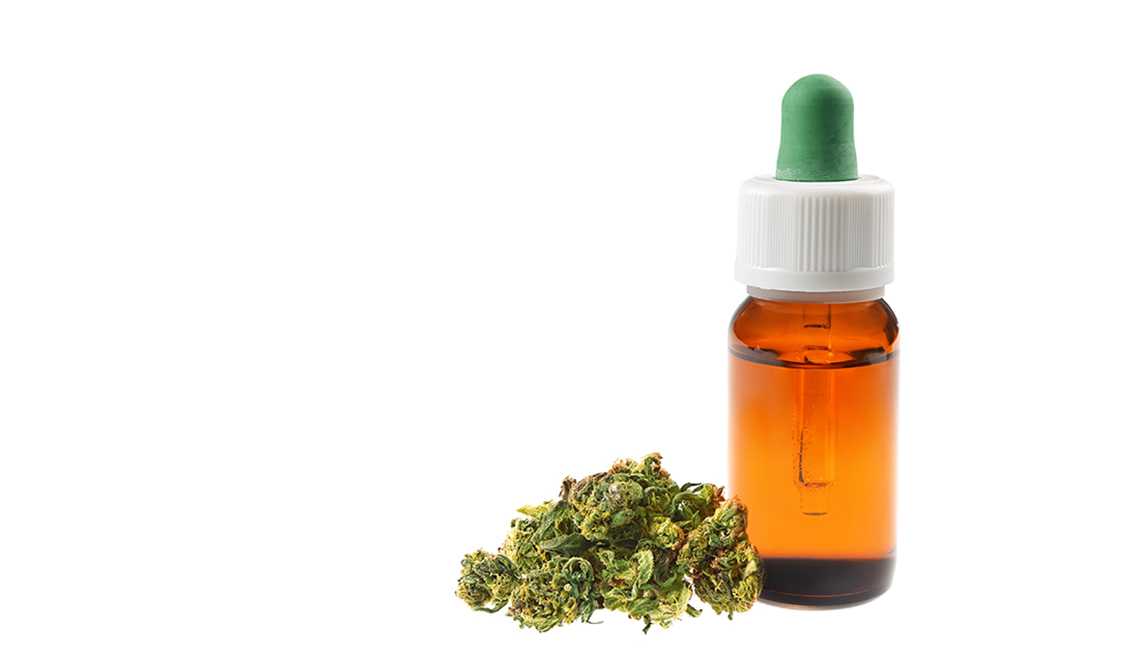
Seniors turn to cbd from marijuana for pain management
- Select a language for the TTS:
- UK English Female
- UK English Male
- US English Female
- US English Male
- Australian Female
- Australian Male
- Language selected: (auto detect) - EN
Play all audios:

Nancy Giacobbe has been a medical marijuana cardholder since the legalization of medicinal use of the plant in California in 2008. But in 2014, her husband Chris had trouble sleeping due to
painful spasms and tremors caused by treatments for a rare form of cancer. While Giacobbe, 61, had used the plant for its psychoactive properties (i.e., the high produced by
tetrahydrocannabinol, or THC) she soon saw the medicinal benefits of the plant's other, lesser-known compound — cannabidiol, or CBD — when Chris began to use it for his pain. A new
test can measure specific proteins in the bloodstream to determine whether they’re cancer-related. Lester Lefkowitz/Getty Images Giacobbe realized Chris could just use CBD without
psychoactive effects. "When he would sleep, his face would just be at peace," Giacobbe says. CBD, which comes in a wide variety of forms including salves, edibles and oils, does
not produce the high typically associated with marijuana. But CBD seems to help people deal with pain, inflammation and even seizures, although even medical researchers and professionals
aren't sure why it works, how it works or even how much to use for what ailments. Her husband passed away three years ago, but Giacobbe, who lives in Bodega Bay, Calif., now uses
topical CBD for her arthritis, which has the potential to severely hinder her work as an aesthetician because she uses her hands every day. She can use the CBD ointment during the day
because it causes no side effects and has no smell. At night, she says, "I put the salve on my hands and put on cotton gloves. Within an hour, I'm a happy person and can do a full
35-hour workweek." Giacobbe is just one of many older adults who now use CBD as a treatment — both with and without a prescription — for mental and physical health issues. As of March
2018, in Colorado, one of nine states in which marijuana is legal for recreational use (the others being Alaska, California, Maine, Massachusetts, Nevada, Oregon and Washington, as well as
the District of Columbia), people 50 and older now make up more than 36 percent of patients on the medical marijuana registry.
